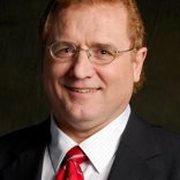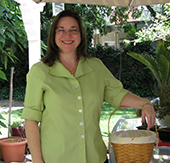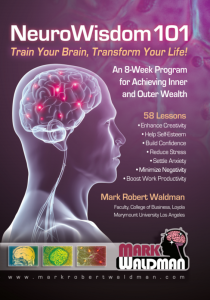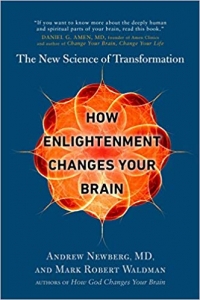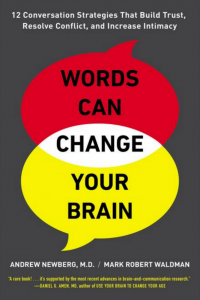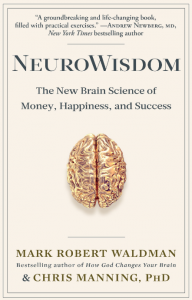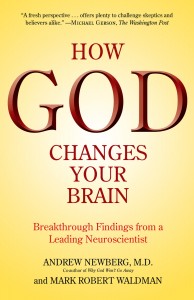Can you improve your cognitive, social, and emotional mindset with techniques that take only a few minutes to practice? Yes!
Can couples resolve their conflicts in just a few hours of compassionate communication training? Yes!
Can business teams quickly build greater trust and cooperation using Mark’s NeuroWisdom strategies? Yes!
Can worries, fears, doubts, and procrastination be eliminated in one or two sessions? Yes!
Can you discover your true passion and achieve your deepest desires with NeuroCoaching? Yes!
Can NeuroCoaching help clients to dramatically reduce the emotional residue caused by past traumas and abuse? Yes!
NeuroCoaching is a highly effective brain-based and evidence-based strategy that is more effective than traditional coaching or therapy. Experience it today.
Summary of Core Principles & Strategies
Neuro-Coaching integrates contemplative neuroscience with the 12 strategies of Compassionate Communication documented in the Journal of Executive Education and the book Words Can Change Your Brain. You’ll transform problematic relationships into trustworthy cooperative alliances – at work and at home.
Neuro-Coaching incorporates a new brain-based learning protocol developed at Loyola Marymount University. Clients are taught strategies that have been proven to interrupt negativity and to enhance the creative problem-solving processes of the brain, allowing you to rapidly build confidence and self-esteem. Stress levels decrease and work productivity increases, deepening long-term satisfaction and well-being.
NeuroCoaching uses face-to-face video conferencing to create a unique intensive dialogue between coach and client. You’ll learn how to access the intuitive processes of your brain to identify hidden issues and solve them more quickly than traditional coaching or therapy. Very few people need more than 1-3 sessions, and you should feel significant benefit in the very first session.
Neuro-Coaching is modeled on evidence-based neuroscientific research covering mindfulness, relaxation, stress-reduction, intuitive decision-making, and the development of emotional balance – strategies that have grown out of the research by Waldman, Newberg, Ekman, Panksepp, Siegel, and Davidson, many of which are documented in NeuroWisdom: The New Brain Science of Money, Happiness, and Success..
One out of four people have experienced some form of trauma and abuse, which often leaves memories that undermine confidence, self-esteem, and relational performance. A special NeuroCoaching protocol has been developed that will quickly reduce the negative effects of these experiences in 2-5 sessions, on average.
Mark Waldman began his coaching career 1987, under the psychoanalytic supervision of Bruno Bettelheim and the Southern California Psychoanalytic Institute. He was actively involved with the Association for Transpersonal Psychology and was the founding editor of the Transpersonal Review. As an Associate Fellow at the University of Pennsylvania’s Center for Spirituality and the Mind, Mark and Andrew Newberg used their brain-scan research to develop new ways to improve cognitive and emotional performance. Their national bestseller, How God Changes Your Brain, was chosen by Oprah as one of the “Must Read” books for 2012.
The author of 14 books, Mark’s in-depth research has been published in neuroscience and psychology journals throughout the world and his work has been featured in Time Magazine, the Washington Post, the New York Times, Forbes, Entrepreneur, and many others. He has appeared on hundreds of radio and television programs, including PBS and NPR, and his TEDx Talk has been viewed by more than 100,000 people.
He created the world’s first NeuroLeadership course that he taught for the Executive MBA program at Loyola Marymount University, and he has traveled throughout the world introducing new brain-enhancing strategies to schools and professional organizations throughout the world including the Los Angeles County Psychological Association, the UCLA Center for Neurobiology of Stress, the Texas Council of Community Centers, Pepperdine School of Psychology, Southern Louisiana University, University of California Irvine, Centers for Spiritual Living and many religious/spiritual groups.







